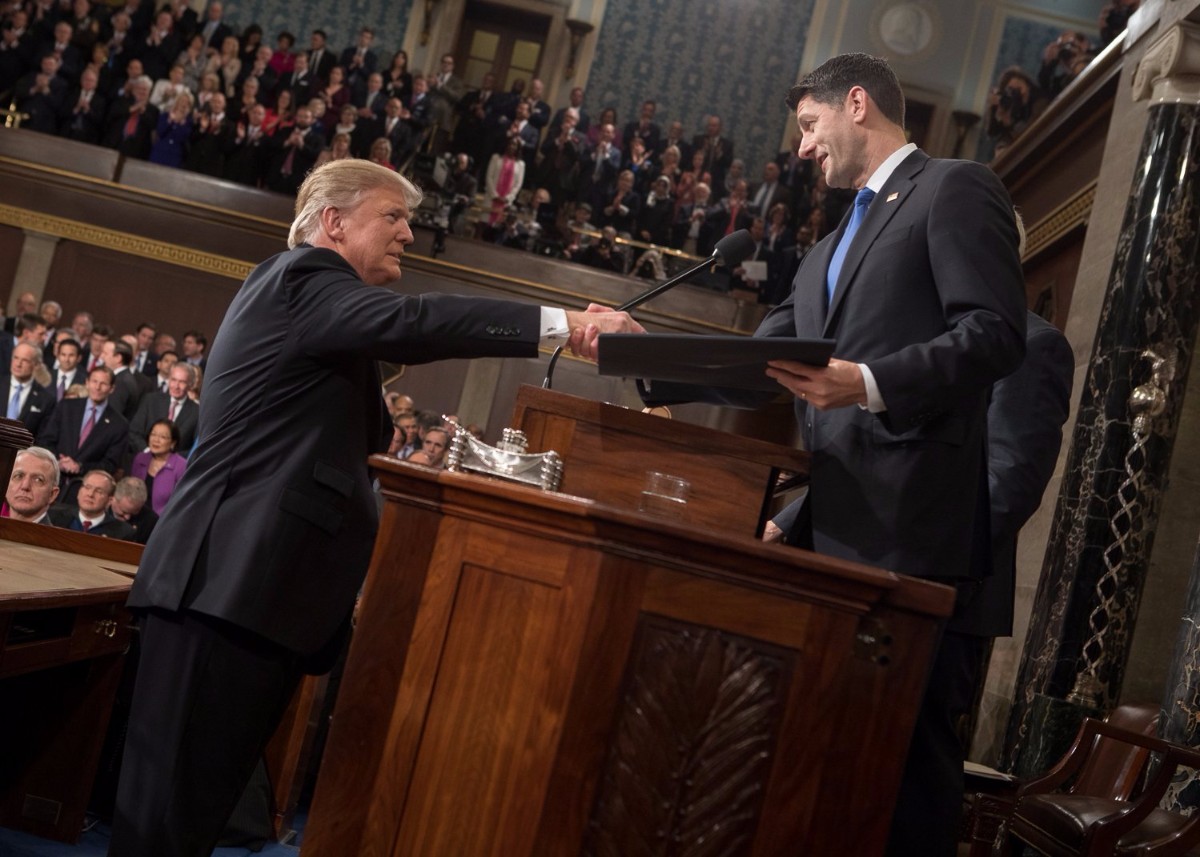 Public domain, Office of the Speaker
Public domain, Office of the Speaker
The Resurgence of Congressional Influence in Foreign Policy Formation
Since the Nixon Administration saw the moderation of the National Security Council under Henry Kissinger, the dynamics between the Oval Office and the NSC have been the driving force that defines the direction of US foreign policy. Established as part of the National Security Act of 1947, the NSC is designed to allow the President to coordinate foreign policy across a wide array of government agencies. Through the work of people like the late Peter Rodman and Daalder & Destler, it has been widely documented that the ways in which the President interacts with his Security Advisor and NSC varies widely across administrations. For example, according to Daalder & Destler, George W. Bush typically fostered debate among his NSC members and then made a decision based on options he was presented; whereas early work on Barack Obama suggests he was more hands on with his NSC.
The traditional overwhelming authority of the President and the NSC in foreign policy formation is worth our attention since President Trump received and signed a bill from Congress that imposes new sanctions on Russia while limiting the President’s ability to unilaterally lift these sanctions. In a previous article, I examined some of the details of the earliest version of this bill, which for the most part remains unchanged in the final version. Apart from the specific implications that this bill would have for US-Russian relations, what it signals about the state of foreign policy formation under the Trump presidency is equally important.
The fact that the NSC is so flexible is one of its greatest strengths, as it allows for adaptation to the individual needs and leadership style of each president. Though it is far too early to know how and to what extent the Trump administration is utilizing the NSC structure, it is becoming more clear that the President’s and NSC’s preeminence in foreign policy decision making is becoming at least marginally reduced by Congress. Transferring foreign policy decision making capacity from the executive to legislative branch is not by definition a good or bad thing, but if it is a trend that continues beyond the sanctions against Russia, it will likely carry costs.
The most important of these potential costs would be the increasing decentralization and politicization of the foreign policy decision-making process. Regardless how one feels about the efficacy of any particular policy, the process by which foreign policy has been traditionally made in the United States has been largely embedded in the executive branch. In practice this allows for an administration to maintain a consistent message across many policy areas and policy tools. Historically, those administrations that have the best foreign policy legacies were those who could simultaneously and appropriately utilize military, diplomatic, economic, and other capabilities to achieve a wide array of US national interests. Congress, for better or for worse, is purposefully designed to foster debate and act as a check on the executive’s power in foreign policy, but is not necessarily designed to lead.
At the same time, Congress has in the past inserted itself into the process of determining foreign policy when faith in the executive branch has faltered. As Stephen Weissman has pointed out, it was largely due to the intervention of Congress that a failing policy in Vietnam was overturned in the early 1970s. Additionally, in response to a series of poorly ran CIA paramilitary operations in Nicaragua, Angola, and elsewhere, Congress established oversight over the executive branch’s unilateral ability to run these operations. In reality, the present resurgence of Congressional involvement in foreign policy decision-making may be a return to the pre-9/11 norm, one that has fallen into obscurity with the hyper-authority of the Bush and Obama administrations.





